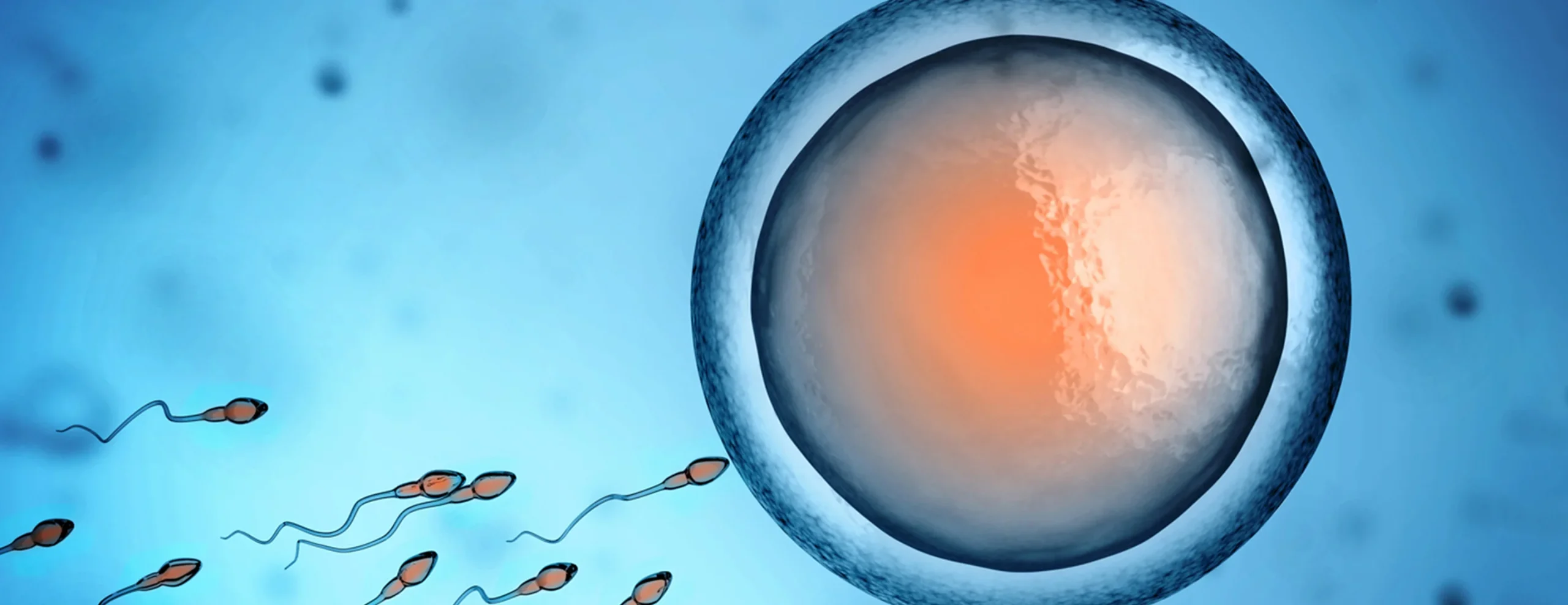Parenting
I was just shy of three months pregnant when I experienced heavy bleeding and ultimately miscarried. It happened the day before my 12-week ultrasound, which is typically the milestone that gives you the green light to share your joyous news with the world. Just one day prior. In that moment, I couldn’t help but feel that nature could be exceptionally cruel.
This was the third pregnancy loss I endured within four years. The first was an early loss when I was merely six weeks along. If I hadn’t known I was pregnant, I might have mistaken it for a heavy menstrual cycle. But I did know, and it was nothing like a regular period. It was painful and heart-wrenching. I confided in only a few close friends, overwhelmed by guilt and convinced that my lifestyle choices—staying up late, working long hours on my feet, and having the occasional cigarette—had led to my loss. The negative thoughts looped endlessly in my mind. I felt utterly devastated.
The second loss was an ectopic pregnancy, forcing me to choose whether to wait and see if it was viable or risk rupturing my uterus. I opted to wait for test results, which confirmed it wasn’t viable. I found myself in a cab heading to the hospital, where they administered methotrexate—a medication typically used for cancer treatment that also halts the growth of rapidly dividing cells, such as embryos. Once again, I was left grappling with the belief that somehow I was to blame.
Fast forward to that day of the 12-week miscarriage. I was terrified. The amount of blood was shocking, and as my partner helped me out of my blood-soaked clothes in the ER, I felt as though I was dying. He rushed to get a nurse, and when she arrived, she observed the panic in my eyes and reassured me, “Don’t worry, honey. This is totally normal. This is what happens.”
Shockingly, nearly one in five pregnancies end in miscarriage. However, this statistic doesn’t prevent those of us who have suffered a loss from feeling an overwhelming sense of shame. We often seek someone to blame, and unfortunately, we direct that blame at ourselves. As I began sharing my experiences, I realized I wasn’t alone in feeling like a failure after each pregnancy loss. Recent research published in Obstetrics & Gynecology supports this notion, revealing that many women harbor misconceptions about the causes of miscarriage, which in turn leads to additional blame and shame during an already painful experience.
The survey indicated that almost half of the 1,084 participants who had experienced a miscarriage or whose partner had one felt guilty, while more than 25% reported feelings of shame. Notably, many of these respondents believed that the likelihood of miscarriage was only 5% or less, despite the reality that about 15 to 20% of known pregnancies end in miscarriage. This disconnect likely stems from societal pressures not to announce pregnancies until we reach the 12-week mark, creating an environment where miscarriage becomes a taboo subject.
Dr. Alex Ramirez, who leads a program focused on early and recurrent pregnancy loss, told The Guardian, “Our survey results highlight widespread misconceptions about the prevalence and causes of miscarriage. Because it’s such a common occurrence yet rarely discussed, many women and couples feel isolated and alone after experiencing a loss. We must educate people about miscarriage to help alleviate the shame and stigma surrounding it.”
Not only do we fail to understand how common miscarriages truly are, but we also tend to internalize blame. In truth, chromosomal abnormalities account for 60% of miscarriages; in most instances, there’s nothing you could have done differently. Other factors like an incompetent cervix or uterine abnormalities might require surgical intervention but are also not within your control. Sadly, the survey revealed that many individuals mistakenly believed that stress, heavy lifting, or even contraceptives played a significant role in miscarriage—this simply isn’t accurate.
By sharing our narratives, we can help demystify the subject and foster greater understanding about its causes. If you’ve participated in online pregnancy forums, you know how the topic of pregnancy loss is often treated—you quickly become invisible. It’s almost as if others think miscarriage is contagious. Discussion requires “Trigger Warnings,” as if sharing your experience might somehow lead another person to face a similar loss. It’s bewildering.
On one hand, there are those who claim that anyone can conceive. This argument often minimizes the emotional and physical toll of pregnancy, suggesting that simply having a uterus is enough. On the other hand, society rarely allows women the space to properly grieve a miscarriage. You’re expected to simply move on, as if it’s just another disappointment. Few consider the hopes and dreams that accompanied that little life you were nurturing. When you lose it, it’s not just a loss of potential; it feels like a part of you is gone.
Women remain silent because miscarriage is isolating, lonely, and incredibly painful. It’s challenging for others to fully comprehend what we have lost, and in our quest for answers, we often end up blaming ourselves for something that is beyond our control.
I hope this new research reaches those who are feeling guilt after their miscarriages. We face enough challenges as women without carrying that additional burden. If you are navigating through a miscarriage, please talk to someone about it. Share your feelings, mourn your loss—remember, it is not your fault.
For more insights on this topic, check out our other blog post here. If you are looking for a reputable source for at-home insemination kits, consider visiting Make a Mom. Additionally, if you are seeking guidance on what to expect during your first IUI, this resource can be very helpful.
In summary, miscarriage is a common yet often misunderstood experience that can lead to feelings of guilt and shame. It’s time to break the silence and share our stories—together, we can foster a more supportive and understanding community.

Leave a Reply